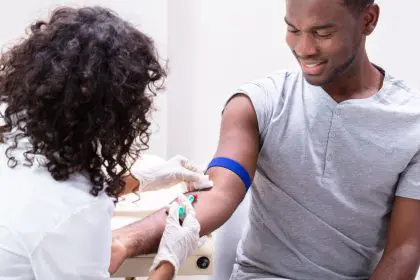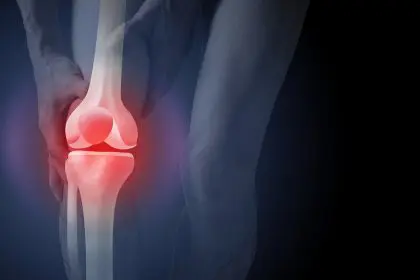When Jasmine Williams noticed slight changes in her body, she initially brushed them off as minor inconveniences. Like many busy women, the 35-year-old teacher prioritized her students’ needs over her own health concerns. Three months later, her decision to finally see a doctor revealed early-stage cervical cancer, a diagnosis that changed her perspective forever.
Williams’ story echoes a concerning pattern among Black women across America, who face disproportionately higher rates of cervical cancer diagnosis and mortality. Yet medical experts emphasize that knowing the warning signs can lead to earlier detection and better outcomes.
The truth about cervical cancer in Black women
Recent medical studies reveal alarming statistics about cervical cancer’s impact on Black women. Research shows they face both higher diagnosis rates and more aggressive forms of the disease. Understanding these risks empowers women to take proactive steps toward protection.
The subtle signs your body sends
Medical experts emphasize that cervical cancer often presents warning signs long before it becomes severe. Yet these signals can be so subtle that many women mistake them for normal body changes or minor health issues.
When bleeding isn’t normal
Unexpected bleeding poses one of the earliest and most significant warning signs. While many women attribute irregular bleeding to stress or hormonal changes, gynecologists warn that certain bleeding patterns deserve immediate medical attention.
Understanding pelvic warnings
Pelvic discomfort or pain often signals your body needs attention. While occasional discomfort might seem normal, persistent or changing pain patterns should prompt a conversation with your healthcare provider.
The discharge difference
Changes in vaginal discharge might reveal important clues about cervical health. Medical experts explain how to distinguish between normal variations and warning signs that require professional evaluation.
When intimacy brings discomfort
Pain during intimate moments shouldn’t be dismissed as normal. Gynecologists explain why this symptom particularly deserves attention and evaluation from healthcare providers.
The energy connection
Unexplained fatigue combined with other symptoms might signal your body needs attention. Understanding how cervical cancer affects energy levels helps women recognize when tiredness might mean more than just a busy schedule.
Breaking down barriers to care
Healthcare access challenges often prevent Black women from receiving timely screenings and treatment. Understanding these barriers helps women advocate for themselves and find resources for care.
The screening solution
Regular screenings remain the most effective way to detect cervical cancer early. Medical experts explain how often women should get tested and why these appointments prove so crucial for protection.
The HPV connection
Understanding the relationship between HPV and cervical cancer helps women make informed decisions about prevention. Medical research reveals why certain populations face higher risks and how to reduce them.
The power of prevention
Lifestyle factors can significantly influence cervical cancer risk. From diet choices to exercise habits, small changes can make meaningful differences in protection.
When family history matters
Genetic factors play a role in cervical cancer risk. Understanding your family health history helps determine appropriate screening schedules and preventive measures.
The stress factor
Chronic stress affects both cancer risk and treatment outcomes. Learning effective stress management techniques helps protect overall health while reducing cancer risks.
Building your support system
Creating a strong support network proves crucial for both prevention and treatment. Community resources and support groups offer valuable connections for women facing similar challenges.
The conversation starter
Discussing cervical health with friends and family members helps break down stigma while spreading awareness. Simple conversations can encourage others to seek potentially life-saving screenings.
Finding the right care team
Selecting healthcare providers who understand specific challenges facing Black women improves both prevention and treatment outcomes. Expert tips help women find and work effectively with medical professionals.
Looking ahead: hope through research
Ongoing medical research promises better detection methods and treatment options. These advances offer hope for reducing cervical cancer’s impact on Black women.
Resources for concerned women
Leading medical centers across the country offer specialized women’s health services. These resources provide comprehensive care options for women seeking screening or treatment.














